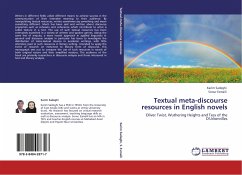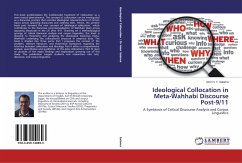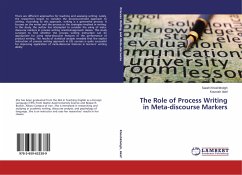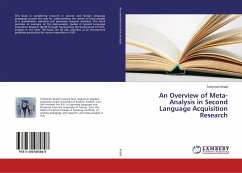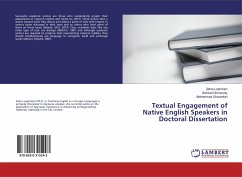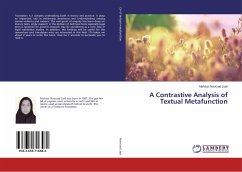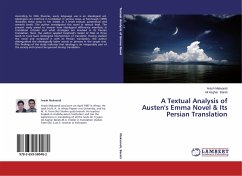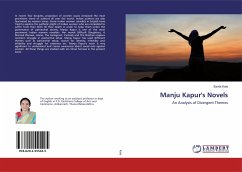Writers in different fields utilize different means to achieve success in the communication of their intended meaning to their audience. By manipulating textual resources, writers sometimes say something and mean something different. Much has been said and written about discourse properties such as cohesion and coherence which contribute to what is called texture in a text. The use of such textual resources has been extensively examined in a variety of written and spoken genres. Along the same line of enquiry, a more recent approach in applied linguistics in general and discourse analysis in particular has been to investigate the distribution of meta-textual devices in academic writings, with little attention paid to such resources in literary writing. Intended to apply the trend of research on meta-text to literary form of discourse, this monograph sets out to compare the use of such resources in novels of both original nature and their simplified versions. The audience of the book are primarily researchres in discourse anlaysis and those interesred in text and literary analysis.
